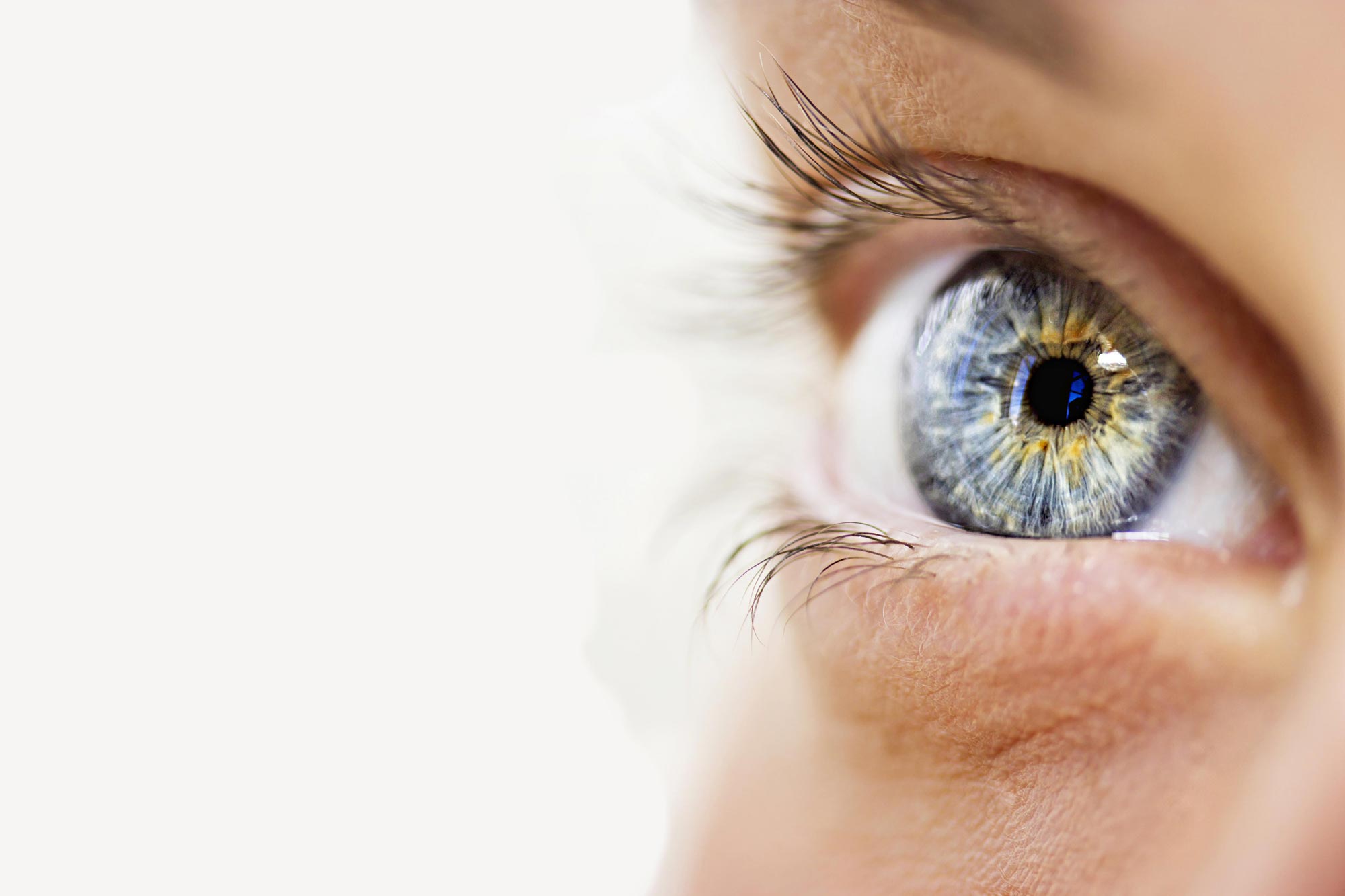The Significance of Routine Eye Examinations: Insights From a Knowledgeable Ophthalmologist
Normal eye exams serve as an important element of medical care that prolongs past simple vision modification. A knowledgeable eye medical professional can provide insights into just how these analyses not just identify typical eye conditions yet also expose underlying health issues that may otherwise go undetected.
Benefits of Normal Eye Exams
Although lots of individuals may forget the value of normal eye examinations, these analyses play a vital role in preserving total health and wellness and health. Routine eye evaluations serve not just to assess vision yet also to detect very early indicators of systemic health and wellness problems, including diabetes and high blood pressure. By determining these conditions at their inception, clients can obtain timely treatments, considerably enhancing long-term end results.
In addition, eye examinations can aid in keeping track of existing wellness concerns, guaranteeing that any type of adjustments in vision or eye wellness are quickly addressed (optometrist). The evaluations permit personalized recommendations concerning eyeglasses, way of living changes, and protective measures against prospective eye stress or damages
Beyond physical health, the benefits of normal eye tests prolong to enhancing quality of life. Eventually, prioritizing eye tests cultivates an aggressive technique to health and wellness monitoring, encouraging individuals to take cost of their wellness.
Common Eye Issues Detected
Routine eye tests are instrumental in identifying a selection of usual eye conditions that can substantially impact vision and total health. Amongst the most widespread conditions determined throughout these assessments are refractive mistakes, including nearsightedness (nearsightedness), hyperopia (farsightedness), and astigmatism. These conditions often manifest as obscured vision and can be easily remedied with prescription glasses or contact lenses.
Another common problem is glaucoma, a team of eye conditions that damage the optic nerve, commonly connected to raised intraocular pressure. Early detection is critical as it can stop permanent vision loss.
Age-related macular deterioration (AMD) is an additional considerable problem that influences main vision, specifically in people over 50. Finally, diabetic retinopathy, a complication of diabetic issues, can bring about severe vision disability otherwise monitored regularly. Via extensive eye tests, these problems can be determined early, enabling timely monitoring and treatment to protect vision and enhance quality of life.
Relevance of Very Early Detection
Very early detection of eye conditions plays an essential duty in preserving vision and stopping substantial health problems. Lots of eye diseases, such as glaucoma, diabetic person retinopathy, and age-related macular degeneration, can proceed calmly without visible symptoms in their onset. By the time signs show up, permanent damage might have occurred, resulting in long-term vision loss.
Normal eye exams facilitate very early medical diagnosis, allowing for timely intervention and treatment. As an example, treating raised intraocular stress can avoid the beginning of glaucoma, while managing blood glucose levels can dramatically reduce the danger of diabetic person retinopathy. In addition, problems like cataracts can be properly managed with surgical treatment when identified early.

Just How Commonly Should You Go To?
Identifying the frequency of eye exams is important for maintaining optimal eye health and vision. The general recommendation for grownups is to have a thorough eye test every one to 2 years, depending on private risk elements and age.
Individuals with specific threat aspects, such as a household history of eye disease, diabetes mellitus, or existing vision troubles, may require even more regular assessments. Children need to have their initial eye examination at Click This Link six months of age, followed by added examinations at age three and prior to going read into school. Normal exams during childhood are crucial as vision can transform swiftly during developmental years.
Inevitably, the regularity of brows through must be tailored to each person's situations, including way of life, work-related dangers, and any type of pre-existing eye conditions. Consulting with an eye treatment specialist can give tailored suggestions, making sure that your eye health and wellness is on a regular basis kept an eye on and maintained.
Tips for Your Eye Test
Getting ready for your eye exam can boost the performance of the visit and make certain a thorough evaluation of your eye wellness. To optimize your time with the eye doctor, it is vital to gather pertinent information before your consultation. Begin by compiling a checklist of any medications you are currently taking, including non-prescription medicines and supplements, as these can impact eye wellness.
Additionally, document any kind of signs and symptoms you have actually experienced, such as blurred vision, discomfort, or migraines. This details will assist your eye physician in detecting potential problems.
It is likewise advantageous to have a household background of eye problems at hand, as genetic variables can add to your eye health. Finally, think about arranging your examination for a time when you are less rushed, allowing you to ask questions and discuss your worries completely. By preparing appropriately, you ensure that your eye exam is productive and that your eye doctor has all the needed details to provide the very best care possible.

Final Thought
Routine eye exams play a crucial role in keeping both vision and overall wellness. They facilitate find more info the very early discovery of various eye conditions and systemic issues, enabling prompt treatment. The suggestions for frequency highlight the importance of aggressive care. Applying basic preparatory ideas can enhance the exam experience. Eventually, focusing on extensive eye analyses contributes significantly to the preservation of vision and the renovation of lifestyle, underscoring the necessity of regular eye care in precautionary medical care techniques.
Routine eye tests are important in spotting a range of usual eye conditions that can considerably affect vision and total wellness.Identifying the frequency of eye examinations is necessary for keeping optimal eye health and vision.Preparing for your eye exam can enhance the effectiveness of the check out and make sure a comprehensive assessment of your eye health and wellness (optometrist). By preparing effectively, you make certain that your eye test is effective and that your eye medical professional has all the essential details to give the ideal treatment feasible
Eventually, prioritizing extensive eye assessments contributes considerably to the preservation of vision and the improvement of quality of life, underscoring the need of regular eye care in precautionary healthcare techniques.